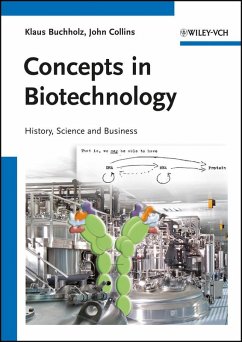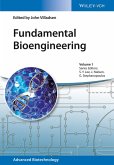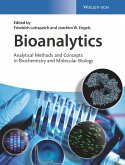Biotechnologie -- Fakten und Fiktionen: Was ist wirklich dran? Welche Ideen erwiesen sich als tragfähig, und welche Blasen platzten? Wer es ganz genau wissen will, greife zu diesem neuen, mit einem äußerst spannenden Ansatz daherkommenden Band. Die Autoren, von denen jeder auf mehr als 40 Jahre als Wissenschaftler und Zeitzeuge der Entstehung unserer heutigen Biotechnologie zurückblicken kann, analysieren kompetent und ausgewogen Technologien und Prozesse, Märkte und Produkte der Biotech-Industrie von den zaghaften Anfängen in den 1980er Jahren bis heute. Auch gesellschaftlich relevante Fragen zur Ethik und Nachhaltigkeit dieser Technologie werden nicht ausgespart.
Dieser Download kann aus rechtlichen Gründen nur mit Rechnungsadresse in A, B, BG, CY, CZ, D, DK, EW, E, FIN, F, GR, HR, H, IRL, I, LT, L, LR, M, NL, PL, P, R, S, SLO, SK ausgeliefert werden.









